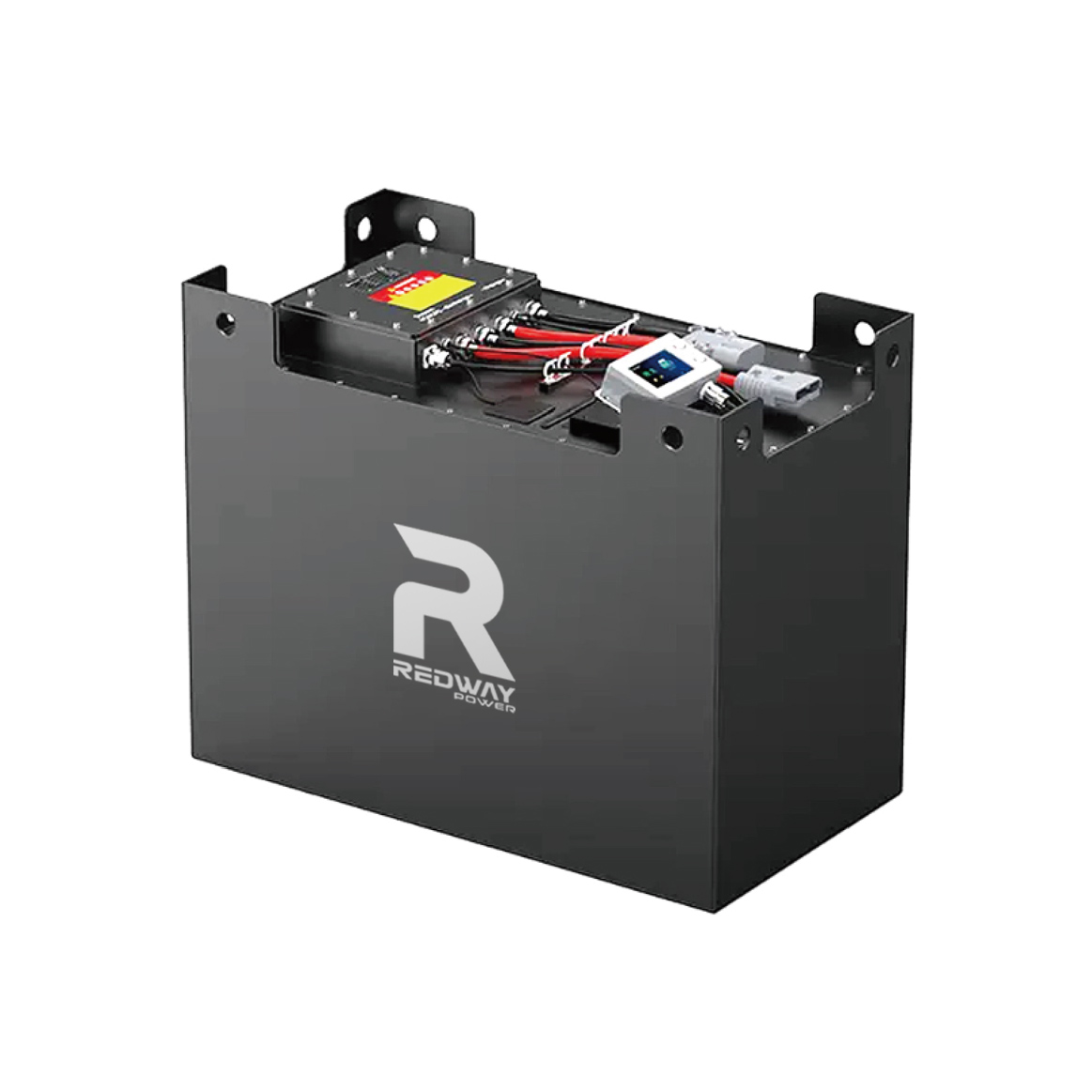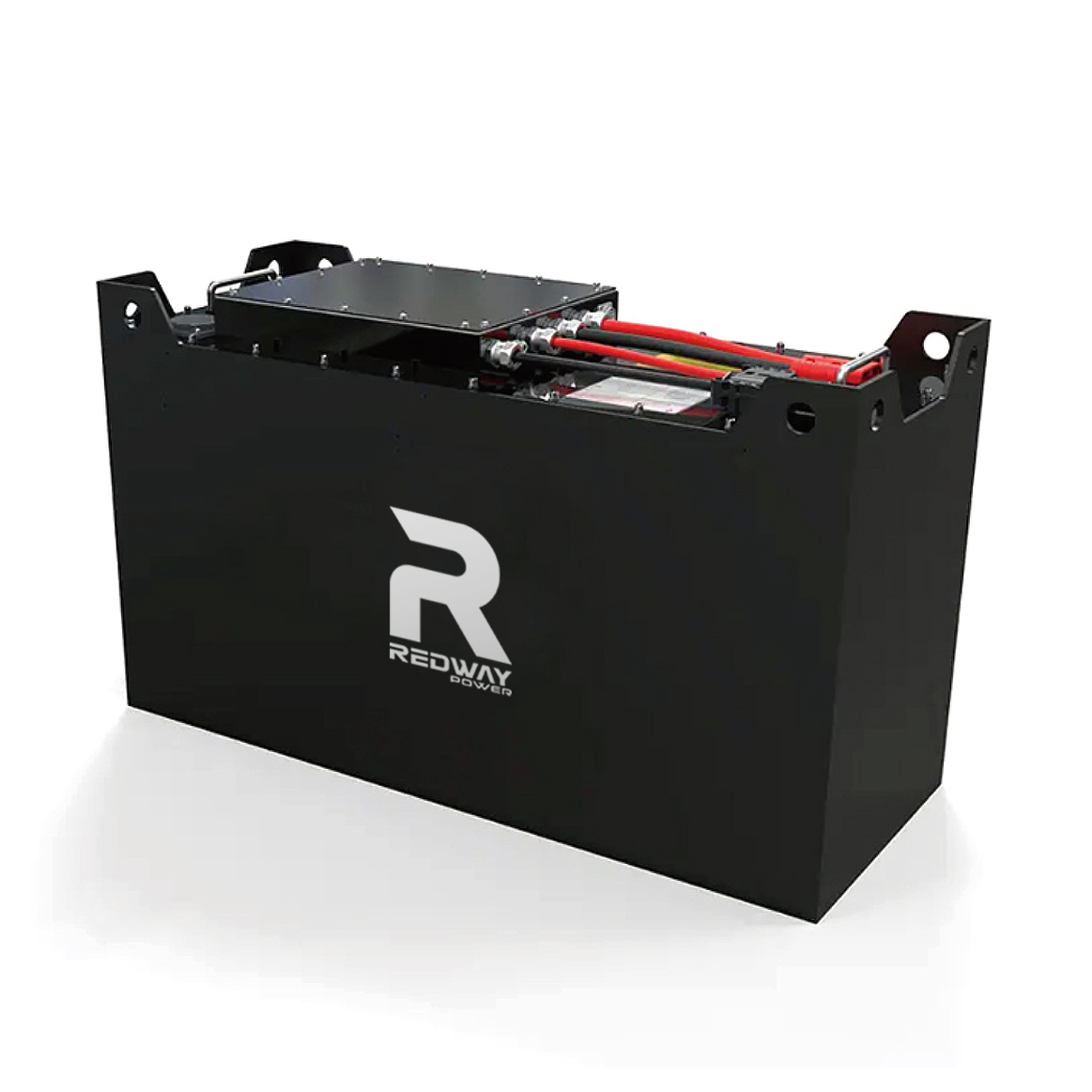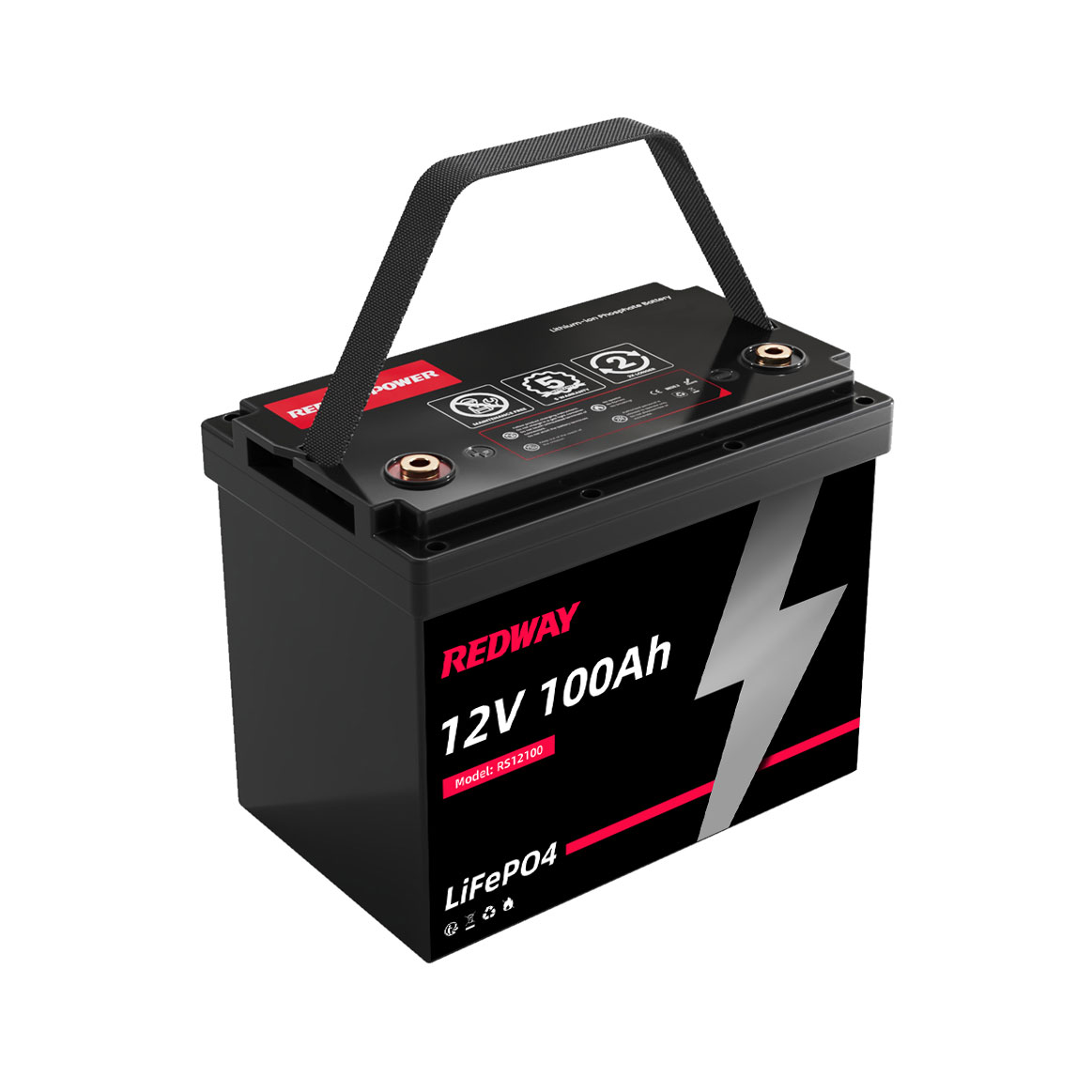Deep Cycle LiFePO4 Batteries Manufacturer
We are a Lithium Battery OEM Factory
Redway is the world’s leading manufacturer of 12V~72V deep cycle lithium ion batteries. We provide a wide variety of lithium ion batteries for your application needs. Redway has the right lithium ion battery for all applications, whether you need a 12V 100Ah lithium-ion battery, a 24V 150Ah deep cycle lithium-ion battery, a 48V 100Ah Golf Carts lithium-ion battery or 72V 50Ah lithium-ion battery.
With the aid of our skilled battery specialists, you can effectively choose the optimal Redway lithium-ion battery design for your specific application, utilizing the most suitable manufacturing process available.
What is a LiFePO4 battery?
What are the advantages of LiFePO4 batteries compared to other batteries?
Are Lithium Batteries Safe?
How do I get the longest battery life out of my LiFePO4 battery?
How should I store my battery?
How does a LiFePO4 battery work?
Why does the battery stop working a few seconds after a high current draw?
Are the batteries waterproof?
Can you shut off or change the BMS board?
Will lithium batteries catch fire or blow up? I heard they are unsafe and a fire hazard.
Will the cost of Lithium batteries become cheaper?
Can Redway Lithium batteries be fully discharged and then disposed of in the regular garbage?
Are LiFePO4 batteries environmentally friendly?
Can I use my lithium batteries in cold weather?
Redway Hot-selling OEM Batteries in 2025
Blog
What Is The 60V Battery Cut Off Voltage?
A 60V battery’s cut-off voltage is the minimum safe discharge level, typically 48–52V (20–25% residual charge), preventing cell degradation. For LiFePO4 systems, this threshold is
What Is The 60V Lithium Battery Voltage Chart?
A 60V lithium battery operates at a nominal voltage of 60V but requires charging up to 72V–74.4V during the CC-CV process. Voltage stages include a
Who Is A Lithium Battery Manufacturer?
A lithium battery manufacturer is an enterprise specializing in the design, production, and distribution of lithium-ion cells and battery systems for applications such as electric












